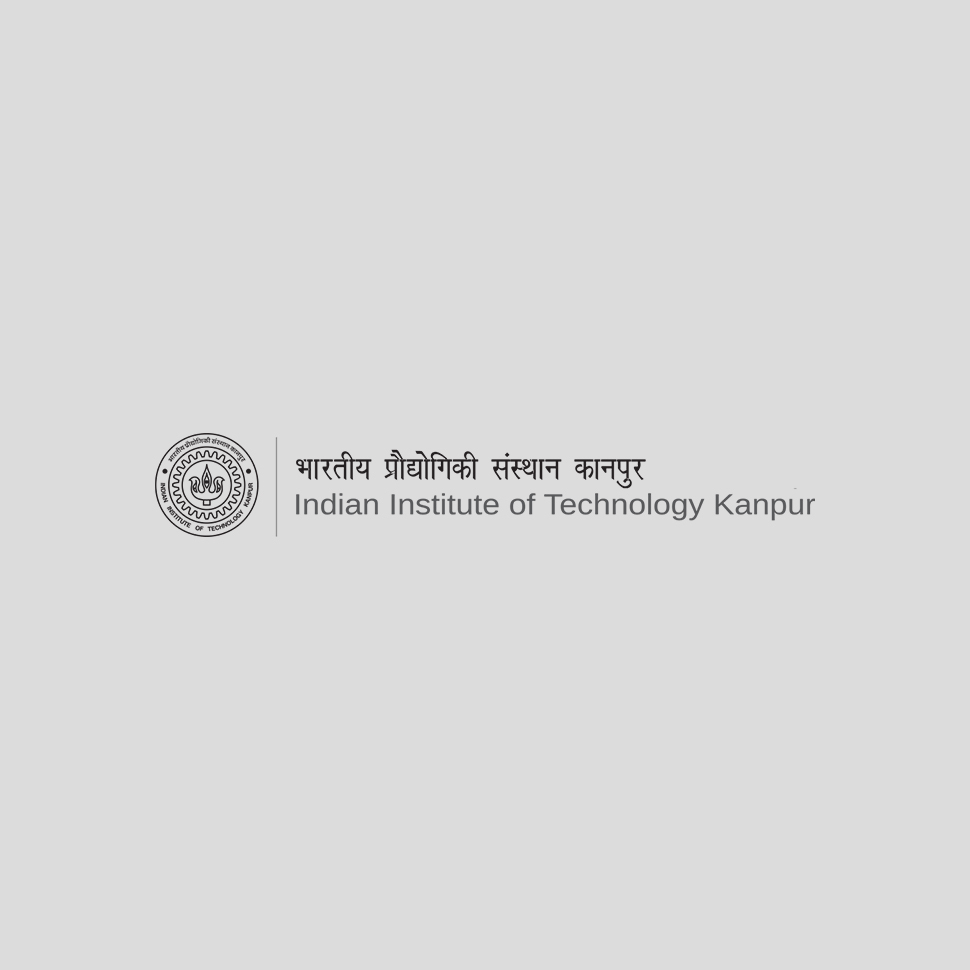
IIT Kanpur develops a low-cost and one-of-a-kind E.coli. Water Testing Kit to check contamination in drinking water
- The kit is easy to use, low-cost, and false-positive results are rare as it is specific to E.coli. bacteria.
- The kit has higher accuracy, as well as technological advantages over similar currently available kits in the market.
Kanpur , 20 June 2022
Source: Information and Media Outreach Cell, IIT Kanpur
Researchers from the Indian Institute of Technology (IIT) Kanpur has developed an enzyme-substrate medium-based E.coli. water testing kit that is highly sensitive and can detect the presence or absence of a single E.coli. in drinking water. A team led by Prof. Indra Sekhar Sen, from the Department of Earth Science, has developed this testing kit. This E.coli water testing kit is low cost and field trials were successfully conducted and validated in the state of Odisha.
The kit is developed with support and guidance from Jal Jeevan Mission and won the National Jal Jeevan Mission's Innovation Challenge for Developing Portable Devices to Test Drinking Water Quality. The kit is very easy to use, and false-positive results are rare as it is specific to E.coli. bacteria. It has lower cost and higher accuracy, as well as technological advantages over similar currently available kits in the market.
Prof. Abhay Karandikar, Director, IIT Kanpur, said, “The research and innovation pool at IIT Kanpur is diversifying and over the years, there has been a significant rise in sustainable and ecological innovations as well. This E.coli water testing kit is another one-of-a-kind invention in this manner. It will surely be a boon when it comes to tackling water contamination and detecting the presence of E.coli. The low-cost and higher accuracy nature of the product will give it the required advantage over its peers in the market and will be a benchmark for the Make in India initiative.”
The test is conducted using pre-prepared vials filled with chemicals and a chemical-infused gel for 24 hours before reading. The methodology uses a growth medium specific for E.coli. and detection of a marker enzyme produced by the E.coli. bacteria. A visual color change from the enzyme-substrate interaction and a simple method thereof determines the presence or absence of bacteriological contamination in drinking water. The kit detects biomarkers secreted only by E.coli. bacteria and will not change the color in presence of other commonly found bacteria in tropical soil or water. This test, therefore, does not yield false positives depending on the type of water source and the natural presence of bacteria in tropical soil. The kit, hence, is expected to bring a paradigm shift in low-cost E.coli. testing methodologies, most commonly carried out by H2S presence/absence tests that detect the presence of hydrogen sulfide-producing bacteria and yield false-positive results.
The test kit comes fully compatible with a digital platform to record, interpret and report results to all users and their stakeholders using a single platform – the EarthFace Flow Android app. The app integrates the requirements of Jal Jeevan Mission for data-sharing with the NIC platforms, using a simple, intuitive design, built on state-of-the-art IT infrastructure. The data from the kits provide tamper-proof results reporting capable of delivering automated water and program-related reports to its users.
The kit will soon be available across e-commerce platforms and GeM portal, and would cost Rs. 199 for a pack of two E.coli. water testing kits and a user manual. The price is expected to come down further once it scales up. The kit will bring a paradigm shift in detecting the presence or absence of bacteriological contamination in drinking water, particularly, in resource-limited settings, and it aligns with the Make In India initiative.
About IIT Kanpur:
Indian Institute of Technology (IIT) Kanpur was established on 2nd November 1959 by an Act of Parliament. The institute has a sprawling campus spread over 1055 acres with large pool of academic and research resources spanning across 17 departments, 25 centres, and 5 Interdisciplinary programs in engineering, science, design, humanities, and management disciplines with 480 full-time faculty members and approximately 9000 students. In addition to formal undergraduate and postgraduate courses, the institute has been active in research and development in areas of value to both industry and government.
For more information, visit www.iitk.ac.in.




